In the contemporary landscape of software development, the demand for cross-platform compatibility has become paramount. With users accessing applications from a myriad of devices and operating systems, developers are tasked with ensuring their products are accessible across various platforms without compromising functionality or user experience. In response to this challenge, the .NET Framework has emerged as a powerful tool for building robust, cross-platform applications that cater to diverse user bases.
The .NET Framework, developed by Microsoft, offers a comprehensive and versatile platform for building a wide range of applications, from desktop and web applications to mobile solutions and cloud-based services. With its extensive libraries, language support, and development tools, .NET provides developers with the tools they need to create high-performance, scalable applications that can run seamlessly on different platforms.
One of the key features of the .NET Framework is its support for multiple programming languages, including C#, Visual Basic, and F#. This flexibility allows developers to choose the language that best suits their skills and preferences while leveraging the rich features and libraries provided by the .NET ecosystem. Additionally, the .NET runtime, known as the Common Language Runtime (CLR), ensures that applications written in different languages can interoperate seamlessly, simplifying the development process and promoting code reuse.
Another strength of the .NET Framework is its cross-platform capabilities. With the introduction of .NET Core, an open-source, cross-platform version of the .NET runtime, developers can now build and deploy applications on Windows, macOS, and Linux environments. This expanded platform support enables developers to reach a broader audience and ensures that their applications can run on a variety of devices and operating systems without the need for extensive modifications.
In addition to cross-platform compatibility, the .NET Framework offers a wide range of features and tools to streamline the development process and enhance productivity. The integrated development environment (IDE), Visual Studio, provides a comprehensive set of tools for code editing, debugging, and performance tuning, making it easier for developers to write, test, and maintain their applications. Furthermore, the extensive libraries and frameworks available in the .NET ecosystem, such as ASP.NET for web development and Xamarin for mobile app development, empower developers to build feature-rich, modern applications with ease.
Security is another area where the .NET Framework excels. With built-in support for authentication, authorization, and data encryption, developers can ensure that their applications are protected against common security threats, such as unauthorized access and data breaches. Additionally, the .NET Framework’s strong type system and runtime checks help prevent common programming errors, such as buffer overflows and null pointer dereferences, reducing the risk of security vulnerabilities in the code.
In conclusion, the .NET Framework offers a powerful and versatile platform for building robust, cross-platform applications that meet the demands of today’s diverse user base. With its support for multiple programming languages, cross-platform compatibility, and comprehensive set of tools and libraries, .NET provides developers with the tools they need to create high-performance, secure, and scalable applications that can run seamlessly on any device or operating system. By leveraging the capabilities of the .NET Framework, developers can unlock the full potential of their applications and deliver exceptional experiences to their users.


